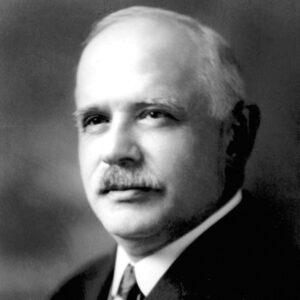November 2, 2011; Source: Spotlight on Poverty and Opportunity | Some of us thought it was quite a coup when the John D. and Catherine T. MacArthur Foundation landed Mike Stegman as its director of policy and housing. Stegman was a phenomenal researcher on housing and community development at the University of North Carolina before a stint as Assistant Secretary for Policy Development and Research at the Department of Housing and Urban Development. And he’s been generating some great stuff at MacArthur.
In a new series called “How Housing Matters to Families and Communities,” Stegman and the foundation are “exploring the relationship between housing and three topics: health, economic opportunity, and education.” Boiled down to its essentials, the series digs into the connection between housing and human (and community) outcomes, revealing the gaps in our research and knowledge about connections we all assume to be true.
Sign up for our free newsletters
Subscribe to NPQ's newsletters to have our top stories delivered directly to your inbox.
By signing up, you agree to our privacy policy and terms of use, and to receive messages from NPQ and our partners.
One of the first commentaries generated by the series is a paper examining the connection of housing and health. The authors (from Temple University, the University of California at Irvine, and the University of Chicago) explore the concept that “poor families living in high-poverty neighborhoods might be ‘doubly-disadvantaged’—both poor and living in a high-poverty environment that may be harmful to their health.” Nonetheless, the authors cite their own study of families involved in HUD’s Moving to Opportunity Project (MTO), which found that “providing low-income women the opportunity to move from high-poverty to lower-poverty urban neighborhoods was associated with about a one-fifth reduction in rates of extreme obesity and diabetes.” There are a number of potential explanations—access to healthy food, access to medical treatment, exposure to crime and violence, etc.—but there isn’t much research that isolates and tests these factors. Yet housing—or where people live—clearly matters.
A possible result of the MacArthur research could be to break down the “entrapment” of resources (government and foundation) into narrow program categories. To see the connections between housing (or housing location) and health is an important step toward more effective use of resources in a time of resource constraints. We will watch what the MacArthur series generates; not just the research, but the reactions—expressed in changing grantmaking—of foundation and public sector funders.—Rick Cohen













